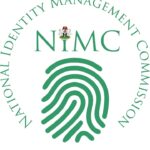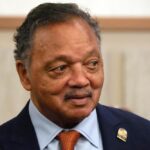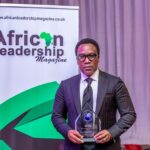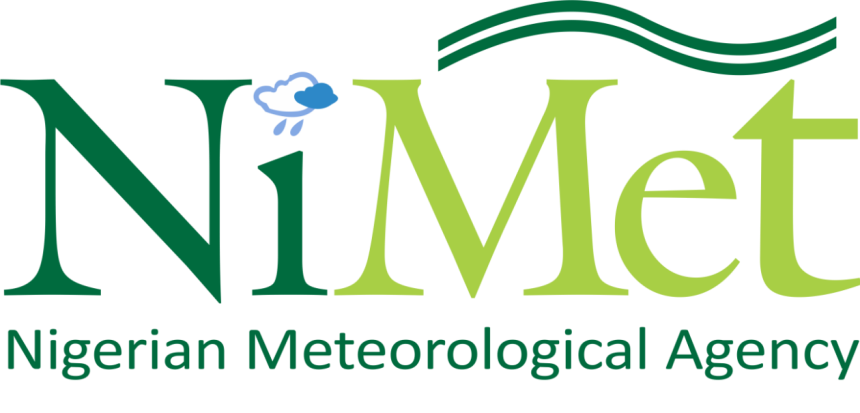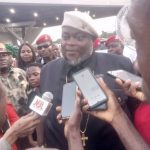By Chidi Ugwu
As Nigeria faces increasing climate-related disasters, the Director General of the Nigerian Meteorological Agency (NiMet), Professor Charles Anosike, has called for the urgent need to increase investment in the weather forecast so as to close early warning gaps.
Speaking at the 2025 World Meteorological Day event in Abuja, Anosike stressed that unprecedented weather extremes are exposing weaknesses in the country’s disaster preparedness systems.
This year’s theme, “Closing the Early Warning Gap Together,” comes amid rising concerns over floods, droughts, heatwaves, and extreme storms that have devastated communities across Nigeria in recent years.
Prof Anosike emphasized that while NiMet continues to improve forecasting and dissemination, gaps in funding, technology, and coordination remain major obstacles to protecting lives and livelihoods.
He stated “We are witnessing more frequent and intense weather disasters, and the need for accurate, timely, and accessible early warnings has never been greater,”
He however pointed out that challenges such as inadequate financing, security risks, and limited access to cutting-edge meteorological technologies are slowing progress.”
He stressed that investments in hydrometeorological infrastructure and impact-based forecasting are critical to strengthening disaster resilience, noting that every dollar spent on early warning systems can yield up to ten times the return by reducing disaster losses.
The DG further called for stronger collaboration between government agencies, international organizations, the private sector, and local communities to bridge the early warning gap, warning that government efforts alone are not enough to address the crisis.
“Climate change is outpacing our response mechanisms. The solution lies in multi-sectoral partnerships, improved data-sharing, and grassroots engagement to ensure that early warnings translate into effective action,” he said.
He also honored Professor Godwin Olu Patrick Obasi, former Secretary-General of the World Meteorological Organization (WMO), for his pioneering work in advancing early warning systems and disaster risk reduction.
The WMO representative in Nigeria, Bernard Gomez while reading out statement by the WMO Secretary-General Celeste Saulo harped on the need for governments to lead the way in bridging the gap on early warning ass well as strengthen collaboration with stakeholders
The WMO Secretary General said. “Investing in National Meteorological and Hydrological Services isn’t just about forecasting, it’s about saving lives, strengthening economies, and securing our future.
The time to act is now ”,
Gomez maintained that National Meteorological and Hydrological Services must remain the source of authoritative warnings, while the private sector can help drive innovation, strengthen dissemination, and enhance risk knowledge.




